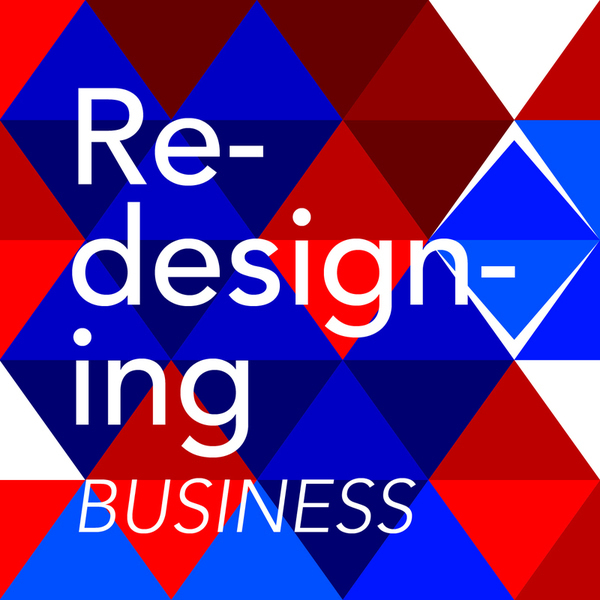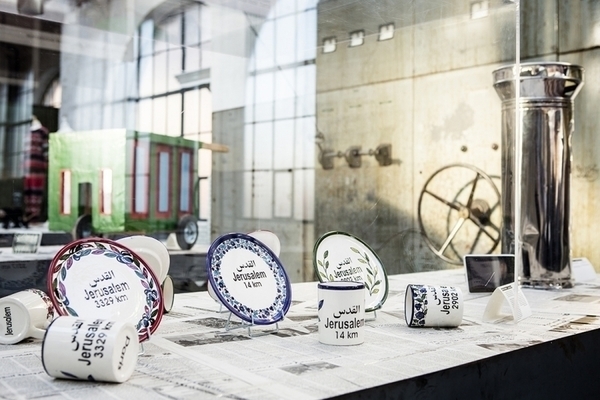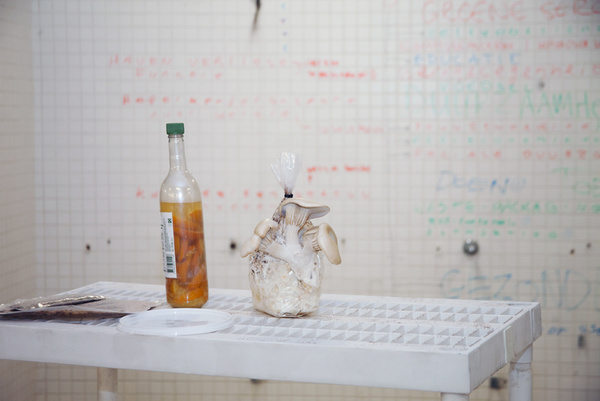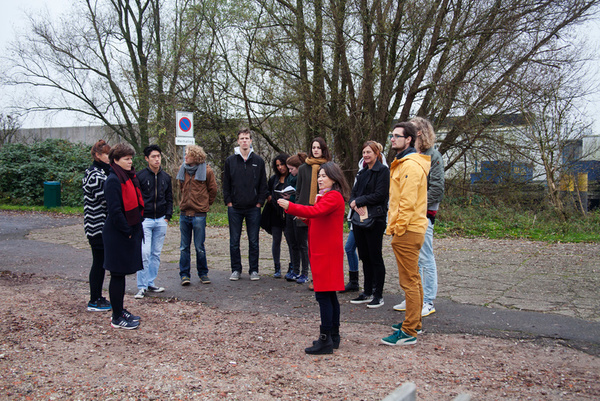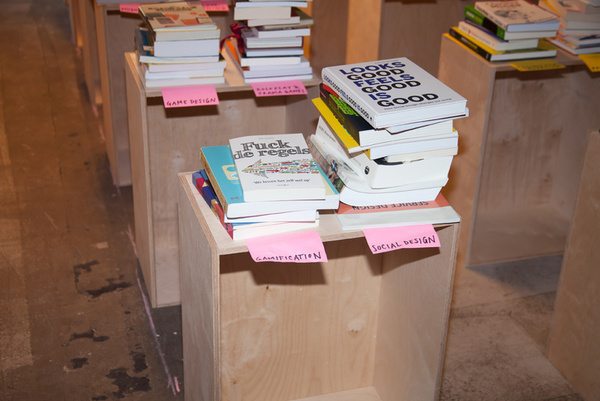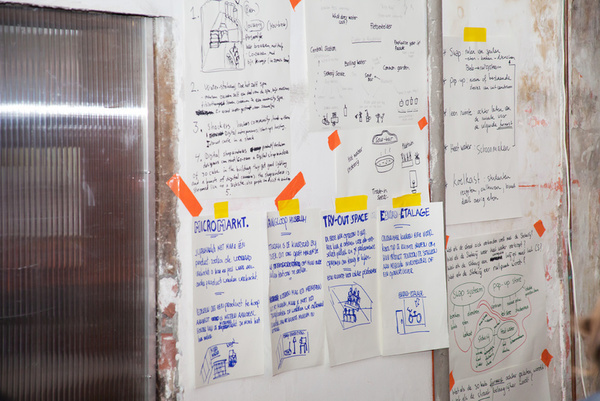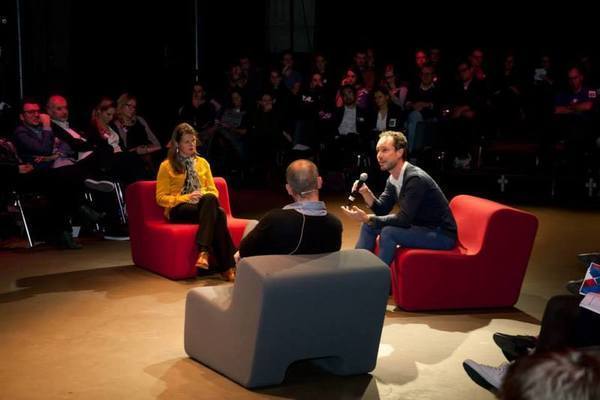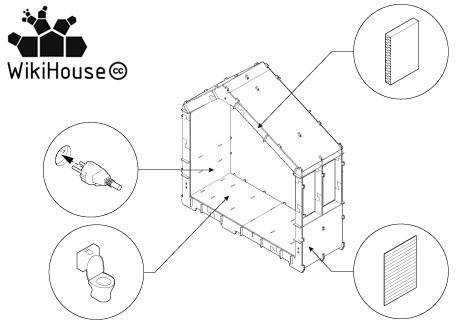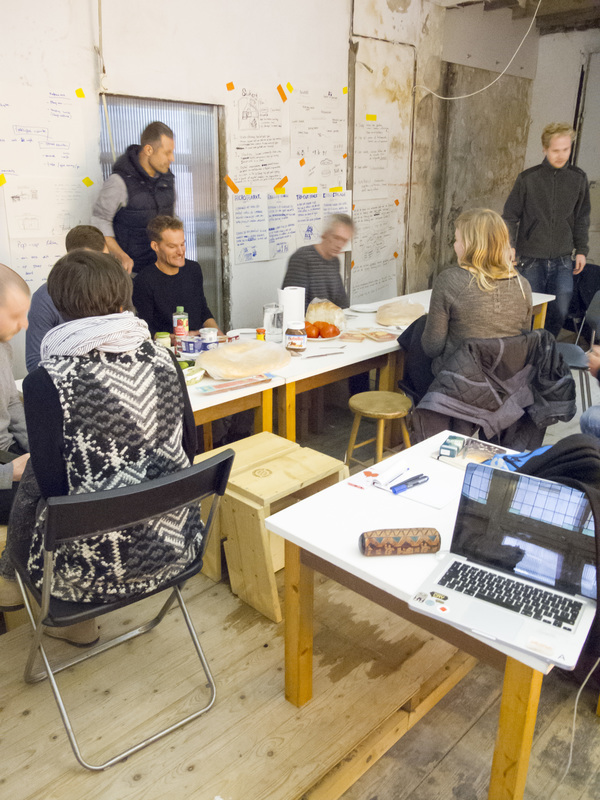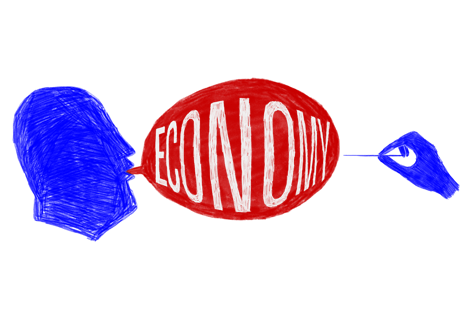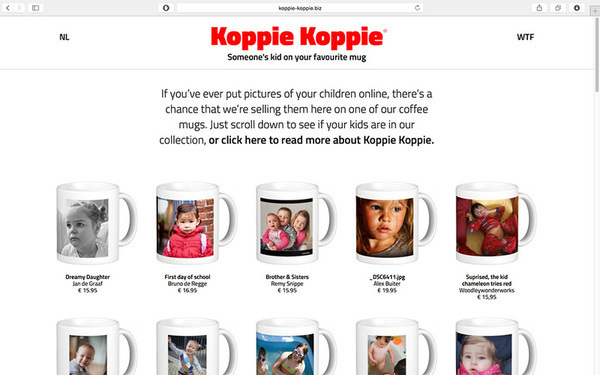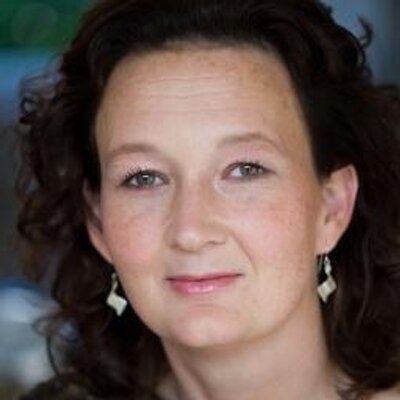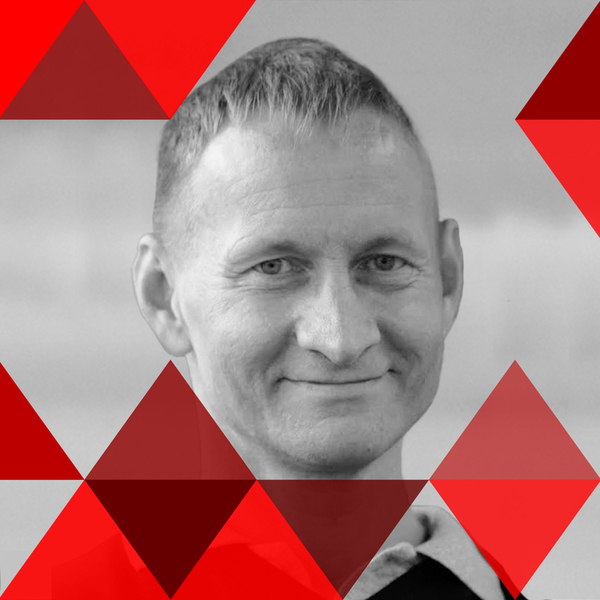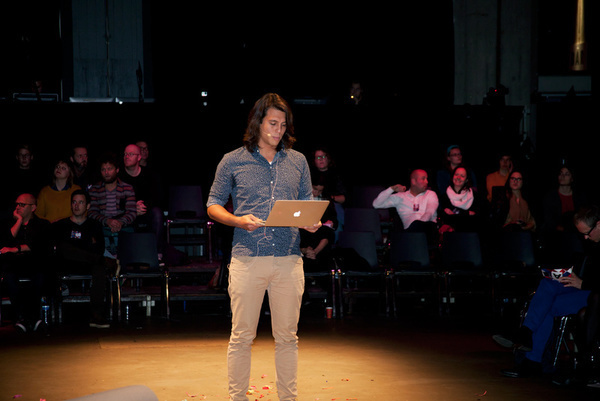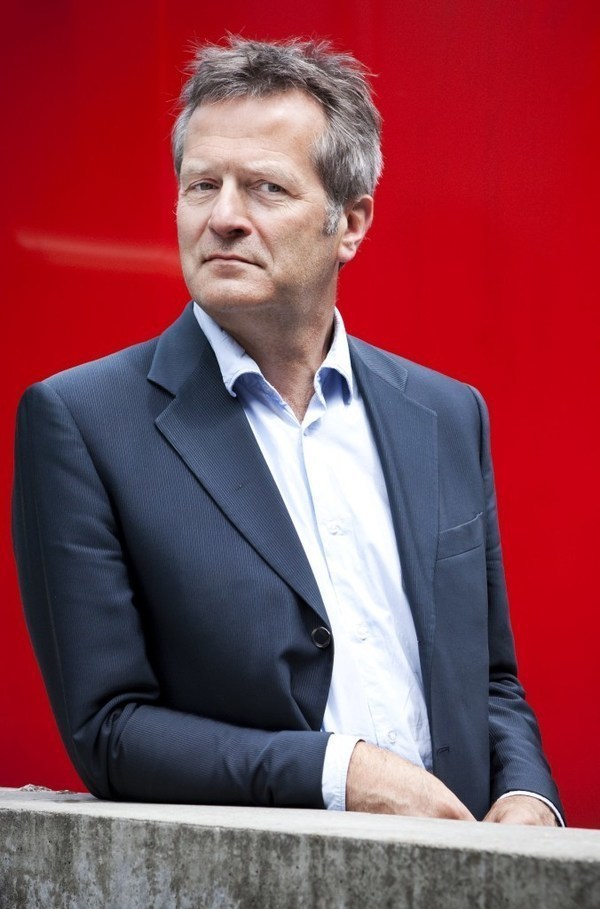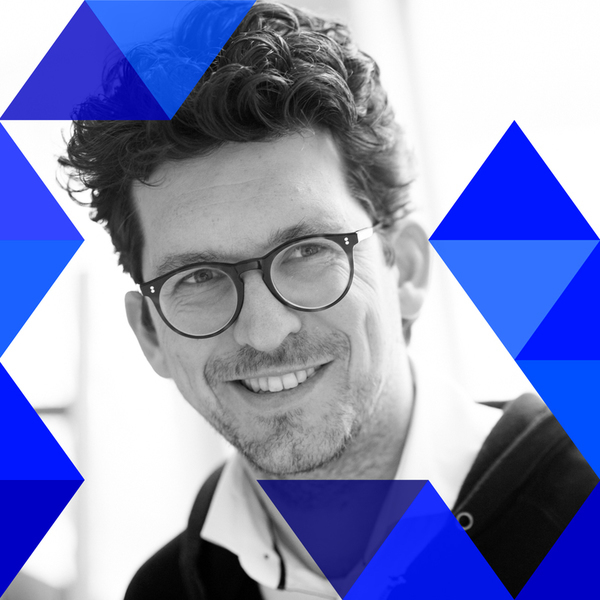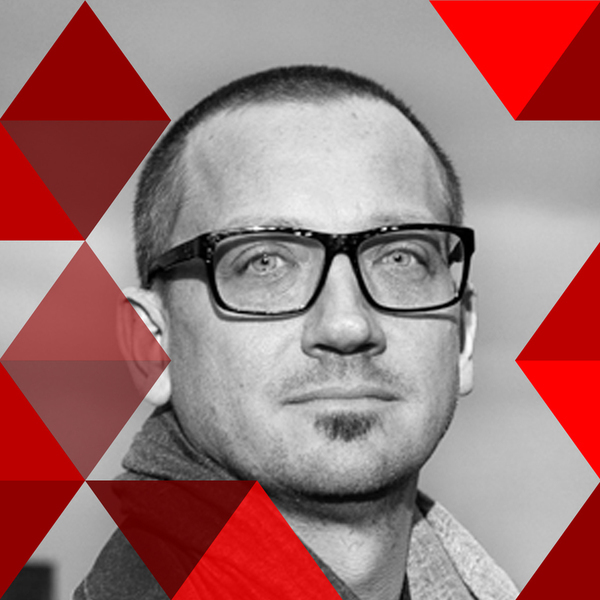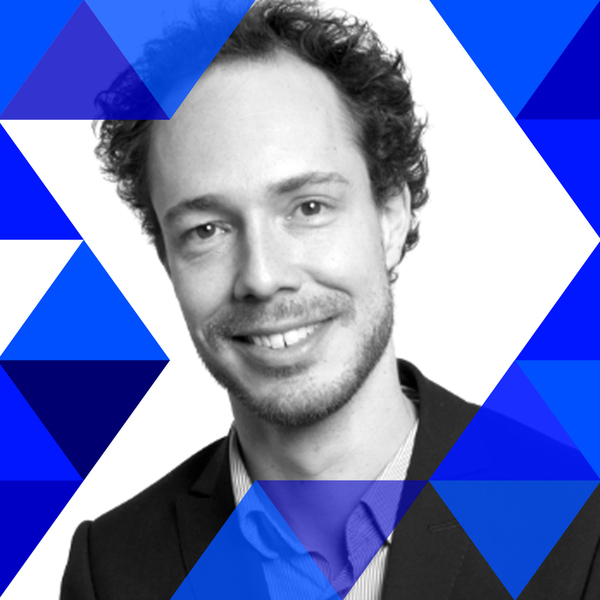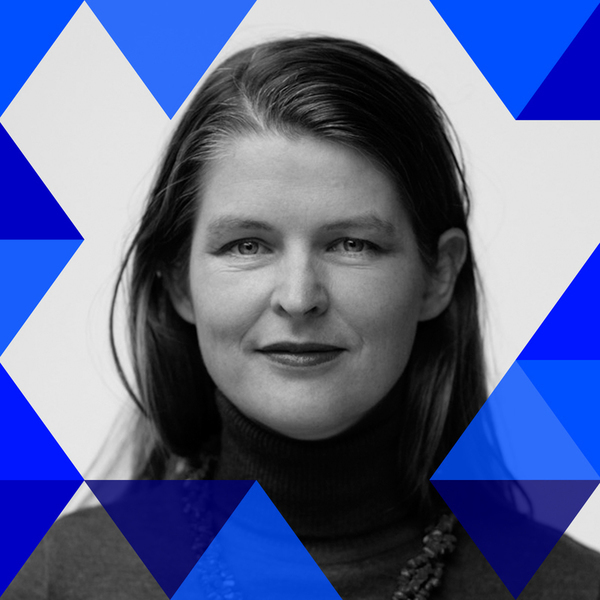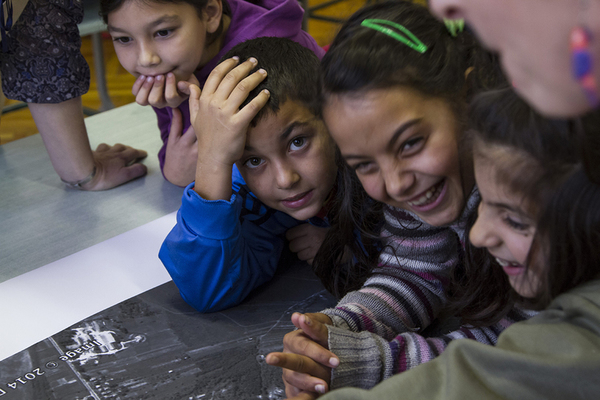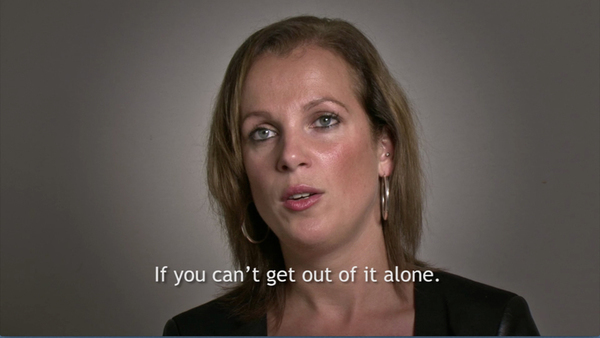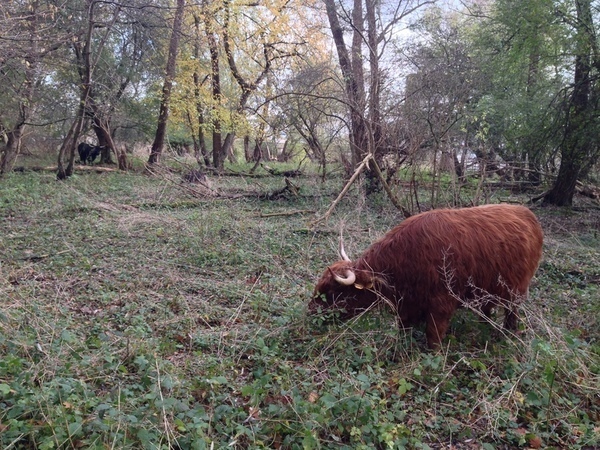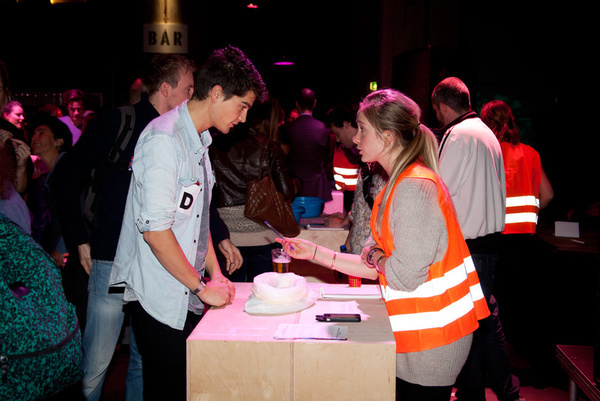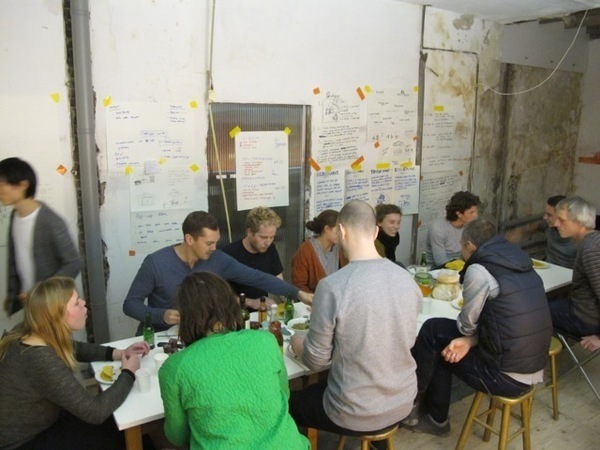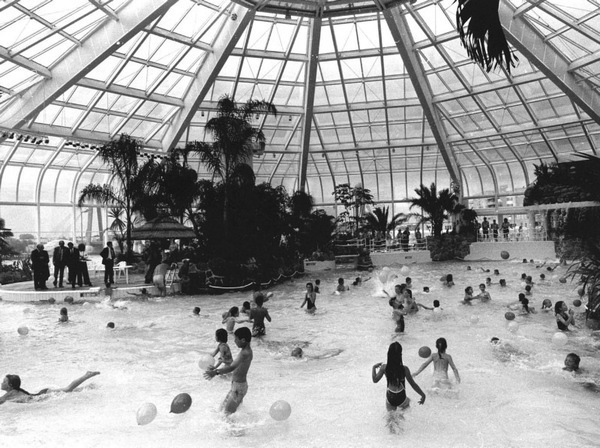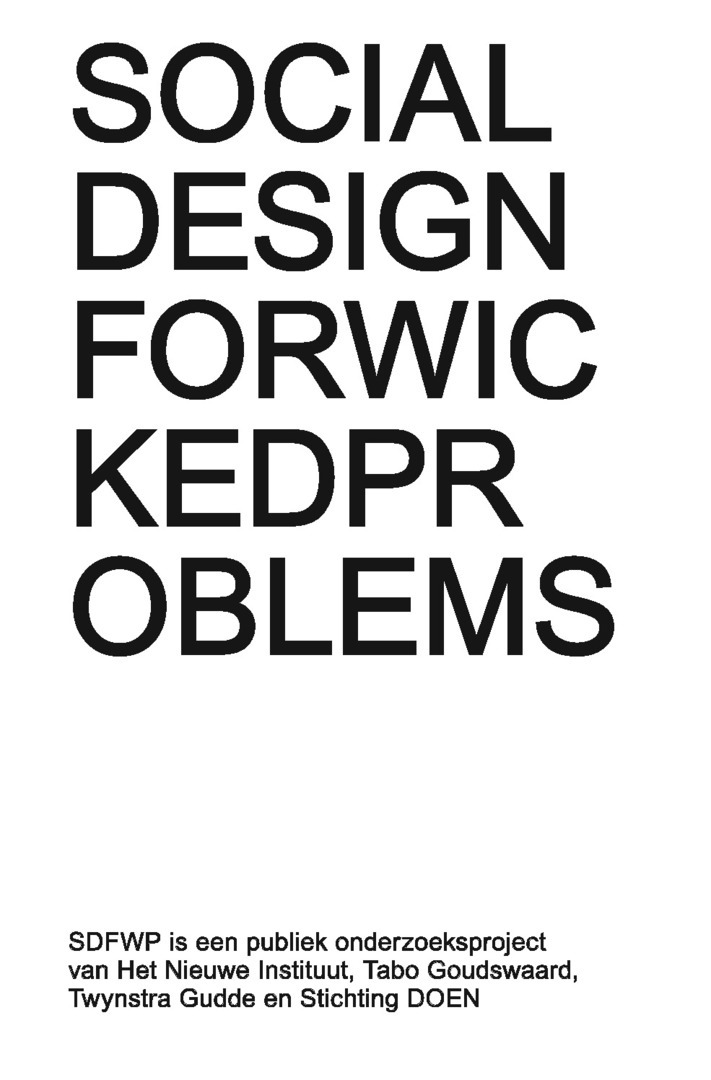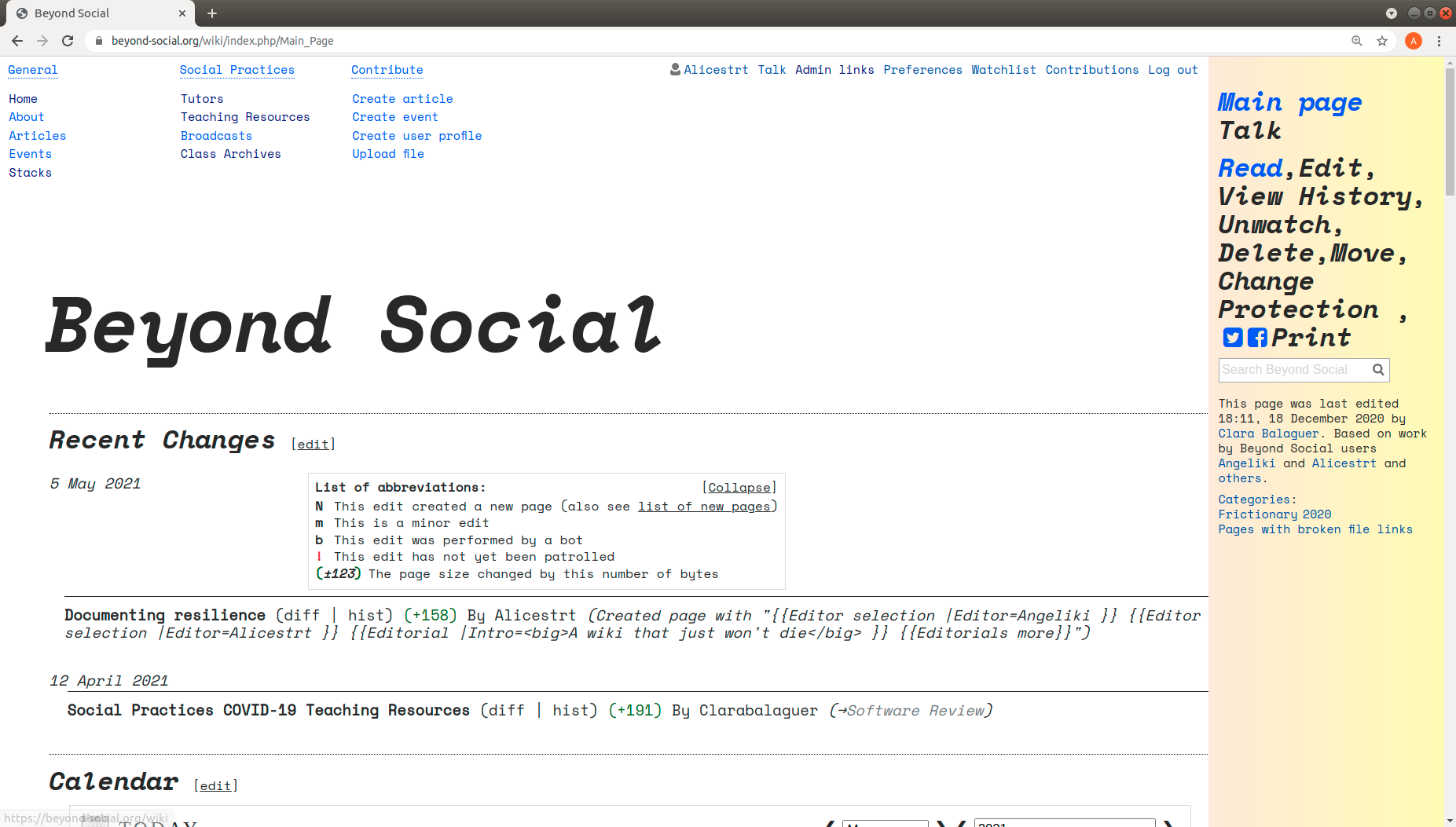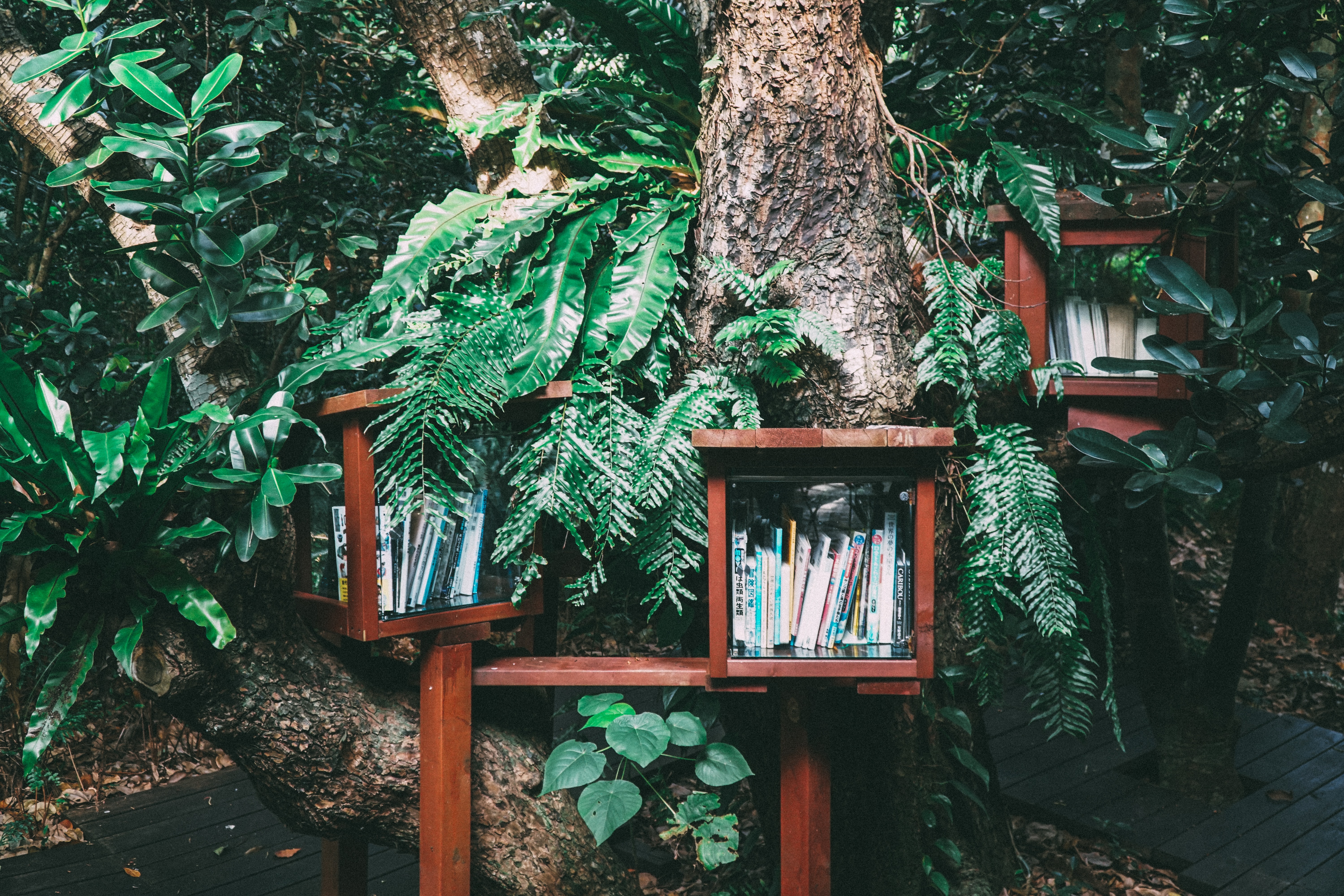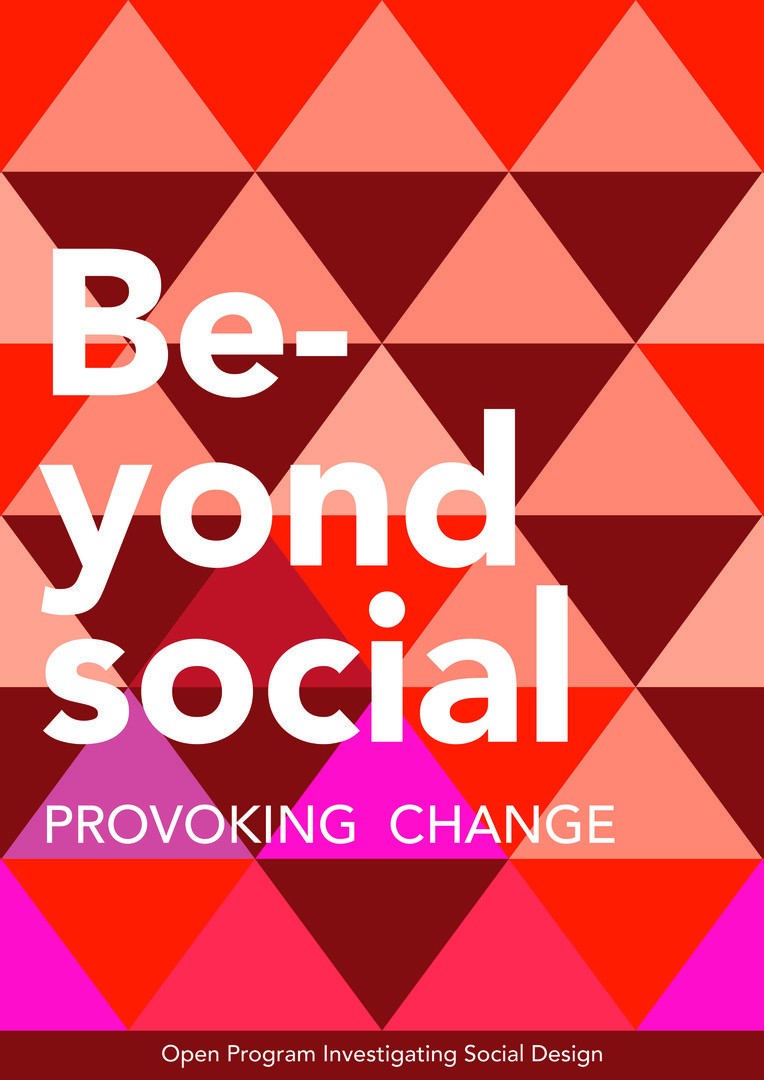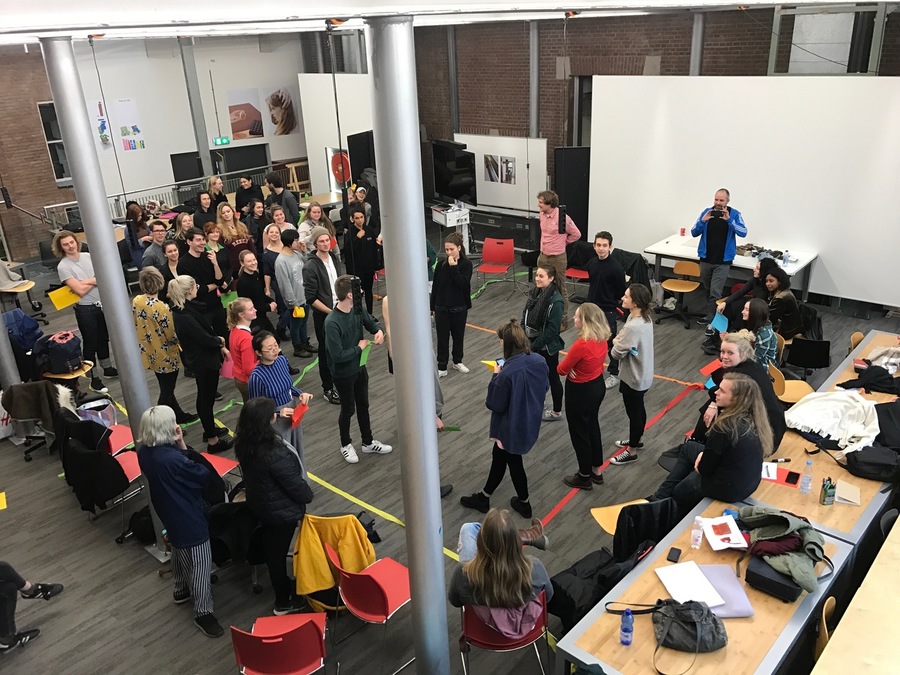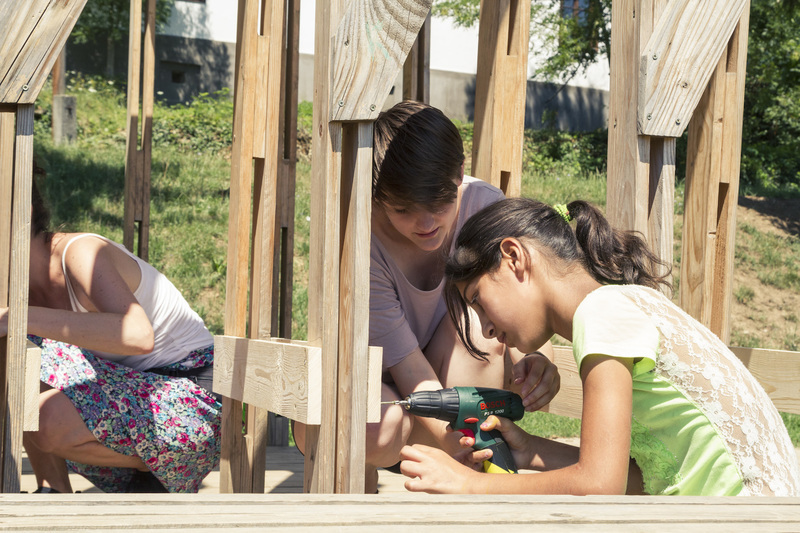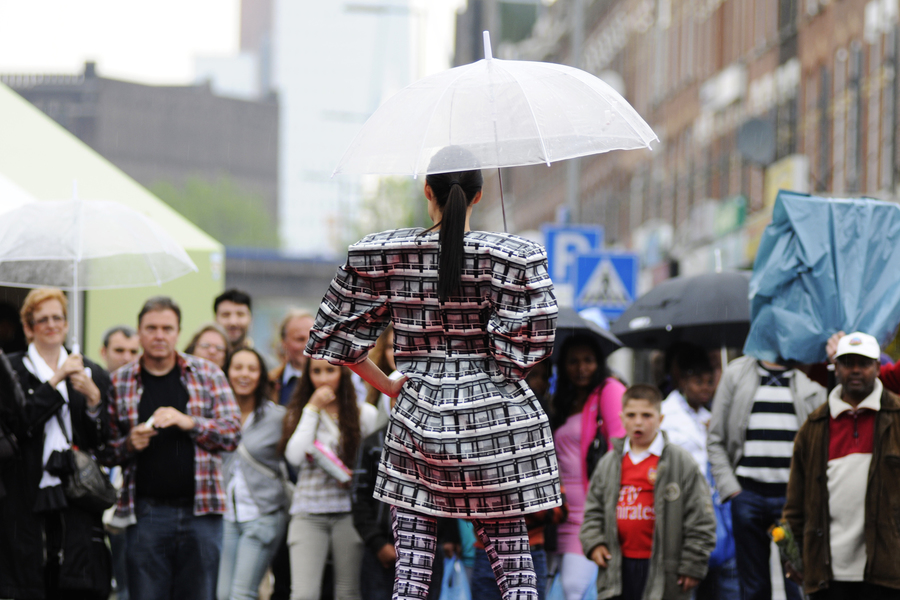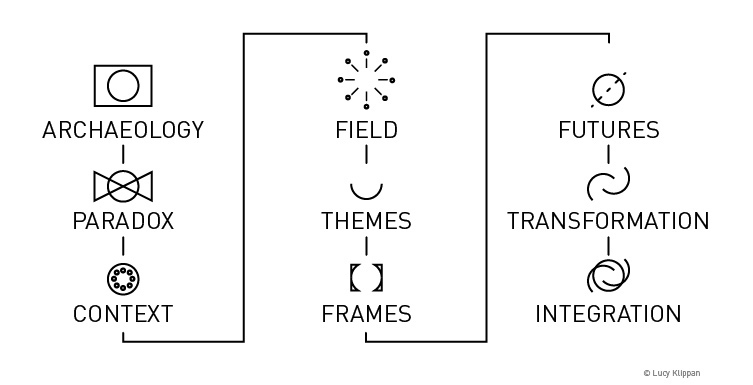Difference between revisions of "Redesigning Bussiness"
m |
|||
| (2 intermediate revisions by one other user not shown) | |||
| Line 66: | Line 66: | ||
The first explorations within that issue have started at the symposium and masterclasses 'Redesigning Business', organised by the Willem de Kooning Academy in Rotterdam from November 17-21 2014. The masterclasses during this event were lead and hosted by: Jessica Bergmann (Pink Pony Express), Ana Dzokic (Stealth Unlimited), Arjen de Jong (Pervasive Game Design, Player-2), Isaac Monté (Sweatshop Deluxe), Marc Neelen (Stealth Unlimited), Remko van der Pluijm (lecturer gamification WdKA), Floris Schiferli (Superuse Studios), Bruno Setola (lecturer gamification WdKA), Mark Slegers (Rotterzwam) and Maurice Specht (De Makers van Rotterdam). | The first explorations within that issue have started at the symposium and masterclasses 'Redesigning Business', organised by the Willem de Kooning Academy in Rotterdam from November 17-21 2014. The masterclasses during this event were lead and hosted by: Jessica Bergmann (Pink Pony Express), Ana Dzokic (Stealth Unlimited), Arjen de Jong (Pervasive Game Design, Player-2), Isaac Monté (Sweatshop Deluxe), Marc Neelen (Stealth Unlimited), Remko van der Pluijm (lecturer gamification WdKA), Floris Schiferli (Superuse Studios), Bruno Setola (lecturer gamification WdKA), Mark Slegers (Rotterzwam) and Maurice Specht (De Makers van Rotterdam). | ||
| − | |||
| − | |||
}} | }} | ||
{{Article Selection | {{Article Selection | ||
| Line 92: | Line 90: | ||
|Article=Humanizing the corporate mind-set | |Article=Humanizing the corporate mind-set | ||
|Notes="Do you want me to react as a person or from my position?" As an artist this might seem a weird question. How can you separate yourself? Is there a 'person' and a 'position'? Can you separate the artist from the person that you are? | |Notes="Do you want me to react as a person or from my position?" As an artist this might seem a weird question. How can you separate yourself? Is there a 'person' and a 'position'? Can you separate the artist from the person that you are? | ||
| − | |||
| − | |||
| − | |||
| − | |||
}} | }} | ||
{{Article Selection | {{Article Selection | ||
| Line 132: | Line 126: | ||
|Article=How to make it work | |Article=How to make it work | ||
|Notes=In the summer of 2011 a group of dedicated students and young professionals from MOME EcoLab, the sustainability research group of Moholy Nagy University of Art and Design Budapest in Hungary, travelled to the remote Bodva valley, one of the poorest regions of Europe, to meet and help local Roma communities living in extreme poverty. The aim of the visit was to start a long-term social design project which would have relevant impacts. After four years of multiple failures, dozens of dead-ends and lots of work, the group is just about ready to understand "how to make it work". | |Notes=In the summer of 2011 a group of dedicated students and young professionals from MOME EcoLab, the sustainability research group of Moholy Nagy University of Art and Design Budapest in Hungary, travelled to the remote Bodva valley, one of the poorest regions of Europe, to meet and help local Roma communities living in extreme poverty. The aim of the visit was to start a long-term social design project which would have relevant impacts. After four years of multiple failures, dozens of dead-ends and lots of work, the group is just about ready to understand "how to make it work". | ||
| − | |||
| − | |||
| − | |||
| − | |||
}} | }} | ||
{{Article Selection | {{Article Selection | ||
| Line 146: | Line 136: | ||
}} | }} | ||
{{Article Selection | {{Article Selection | ||
| − | |Article=Gamifying the Circular | + | |Article=Gamifying the Circular Sharing and Civic Economy |
|Notes=Sailing on the choppy waves of the financial crisis, various thinkers and designers are proposing a change of system which can give rise to new business models. We are witnessing the emergence of the circular economy, the sharing economy and the civic economy. The sharing economy as well as the circular economy is based on trust. What is the effect on business norms and ethics of this central role of trust? What are the real-life consequences of these new business models, which are still far from commonplace? | |Notes=Sailing on the choppy waves of the financial crisis, various thinkers and designers are proposing a change of system which can give rise to new business models. We are witnessing the emergence of the circular economy, the sharing economy and the civic economy. The sharing economy as well as the circular economy is based on trust. What is the effect on business norms and ethics of this central role of trust? What are the real-life consequences of these new business models, which are still far from commonplace? | ||
}} | }} | ||
| Line 154: | Line 144: | ||
}} | }} | ||
{{Article Selection | {{Article Selection | ||
| − | |Article=Trashure Island | + | |Article=Trashure Island - a proposal for a circular economy in Tropicana |
|Notes=New strategies such as the Blue Economy (Gunter Pauli) and Sustainism (Michael Schwarz and Diana Krabbendam) propose solutions to ecological, economic and social crises. These movements see local materials (waste products, local communities & expertise) as valuable assets, transforming linear processes into circular processes and valuing long-term performance over short-term gain. What are working business models for these types of reorganisations? | |Notes=New strategies such as the Blue Economy (Gunter Pauli) and Sustainism (Michael Schwarz and Diana Krabbendam) propose solutions to ecological, economic and social crises. These movements see local materials (waste products, local communities & expertise) as valuable assets, transforming linear processes into circular processes and valuing long-term performance over short-term gain. What are working business models for these types of reorganisations? | ||
| + | }} | ||
| + | {{Article Selection | ||
| + | |Article=Making Beyond Social | ||
| + | |Notes=When Iris Schutten and Roger Teeuwen approached WdKA's Publication Station to co-develop a web-magazine for the Social Practices programme, my first thought was that a web-magazine was not very exciting. The image that formed in my head was of those 'web-magazines' that desperately try to resemble their physical counterparts, with clichés such as glossy looks, and turning pages, accompanied by the inevitable 'shhhs' sound. Yet, when Roger and Iris began to describe their ideas for the publication it was clear that they had something quite different in mind... | ||
| + | }} | ||
| + | {{Article Selection | ||
| + | |Article=Lexicon | ||
| + | |Notes=The intention of this lexicon is to better understand how social artists and designers can collaborate effectively with companies and organisations while working in a social practice. This list was created during the research project SOCIALDESIGNFORWICKEDPROBLEMS (SDFWP) and was called 'In-between language'. In-between language is language that is needed in order to create a shared space and mutual understanding within both worlds to cater to the specific needs of social art and design. | ||
}} | }} | ||
{{Editorials more}} | {{Editorials more}} | ||
Latest revision as of 16:51, 6 December 2017
Introduction
'Redesigning Business' focuses on, and questions, developments in business models resulting from creative thinking. Can designers and artists such as yourself really make a change?
Social design
Social design is an emerging field of practice. As a design approach, it no longer focuses exclusively on products but instead proposes a (re)design of processes, interactions and relationships. As a response to developments and changes in our society, social design aims to involve participants and stakeholders within the design process, while focusing on societal issues such as bottom-up strategies and sustainability. At the same time, and from similar perspectives, new business models are emerging rapidly within our current economy. How can these worlds be brought together?
Paradigm Shift
The worldwide financial crisis, ongoing social transitions and the emergence of new technologies seem to have made old certainties redundant. New business models are emerging rapidly. According to the Russian Economist Nikolai Kondratiev, economic crises are always preceded by social revolutions. Think, for example, of the industrial revolution, the introduction of the automobile and currently the information age. What all these crises have in common is societal and economical change: other forms of labour, different organisational structures, new business models and new players in charge. If we consider the current crisis a similar tipping point, this could open up possibilities for creative disciplines as well as for businesses.
Redesigning business?
Currently, designers as well as entrepreneurs are exploring the potential of the sharing economy and the circular economy. In innovative projects such as 'Kickstarter', 'CrowdBuilding', 'De Ceuvel' and 'AirBnB', the basis of multiple value creation is formed by new and existing flows of money, local entrepreneurship, bottom-up strategies, social capital, open networks, energy transition and new technologies. Tools from the creative disciplines have proven here to be useful and necessary; design thinking and systemic analysis (the study of sets of interacting entities) make it possible to intertwine a wide range of parameters within a complex reality. This could lead to new and exciting business models.
Utopian ideal or a future reality?
Projects such as 'Disarming Design from Palestine' (an inclusive design label that presents functional products from Palestine, initiated by Annelys de Vet), 'Wikihouse' (an open source building toolkit by Joost Beunderman), the 'Biobased Retrofit House' (a project by Duzan Doepel that combines soil decontamination with social housing improvement) and the rapid emergence of decentralised and locally-owned sustainable energy companies (such as the cooperative 'Zon@School') show that redesigning existing business models seems promising. However, at the same time one may question how realistic these new models are. Will bottom-up initiatives eventually be absorbed by 'old' economical systems, as was the case with AirBnB? Can designers and artists really contribute to new economic models? Is this a utopian ideal or a future reality?
Explore with us!
In this issue, we invite you to explore with us the following questions and issues: How are ongoing contemporary developments affecting and changing the way we do business? Which skills do designers, artists and other creative practitioners need to develop in order to change the way we do business? How realistic are these new models? Does changing business from a design perspective represent a 'mission impossible' or is it our only way out? How can we implement new business models through design?
The first explorations within this issue have started at the masterclasses and symposium 'Redesigning Business', organised by the Willem de Kooning Academy in Rotterdam from November 17-21 2014. In this issue, you'll find proposals and projects that were collected during this event and work that was collected afterwards; within the different minors of the social practices of the WdKA but also work made by other experts and institutions; like the Ecolab from the Moholy-Nagy University of Art and Design in Budapest. Of course, this issue is never finished; it's an ongoing research. We encourage you to add new content anytime!
Deanna Herst and Iris Schutten
Social Practices
Willem de Kooning Academy University of Applied Sciences Rotterdam
2014
Credits
This editorial is a further development of Issue #1 under the same name, which can be visited here.
The first explorations within that issue have started at the symposium and masterclasses 'Redesigning Business', organised by the Willem de Kooning Academy in Rotterdam from November 17-21 2014. The masterclasses during this event were lead and hosted by: Jessica Bergmann (Pink Pony Express), Ana Dzokic (Stealth Unlimited), Arjen de Jong (Pervasive Game Design, Player-2), Isaac Monté (Sweatshop Deluxe), Marc Neelen (Stealth Unlimited), Remko van der Pluijm (lecturer gamification WdKA), Floris Schiferli (Superuse Studios), Bruno Setola (lecturer gamification WdKA), Mark Slegers (Rotterzwam) and Maurice Specht (De Makers van Rotterdam).
Selected articles
23 October 2018 19:28:43 by Rümeysa Önal
25 October 2017 10:01:11 by Iris Schutten
25 October 2018 22:07:23 by Rümeysa Önal
25 October 2017 09:56:19 by Iris Schutten
25 October 2017 10:05:47 by Iris Schutten
25 October 2017 10:16:08 by Iris Schutten
30 October 2018 16:26:04 by Rümeysa Önal
25 October 2017 10:42:12 by Iris Schutten
Poetic reaction to the Redesigning Business event: I got stuck although I thought I had found a steady rhythm
that would perpetuate as if it was a sort of organism.
I must be out of shape.
25 October 2017 10:55:16 by Iris Schutten
30 October 2018 19:40:48 by Rümeysa Önal
30 October 2018 20:20:57 by Rümeysa Önal
30 October 2018 20:21:51 by Rümeysa Önal
25 October 2018 22:29:53 by Rümeysa Önal
2 November 2018 13:00:23 by Manetta
29 October 2018 15:52:58 by Rümeysa Önal
6 December 2017 15:56:06 by Manetta
6 December 2017 15:51:22 by Manetta
31 October 2018 13:17:23 by Rümeysa Önal
31 October 2018 14:42:58 by Rümeysa Önal
21 November 2017 15:07:23 by Iris Schutten
29 October 2018 13:34:09 by Rümeysa Önal
